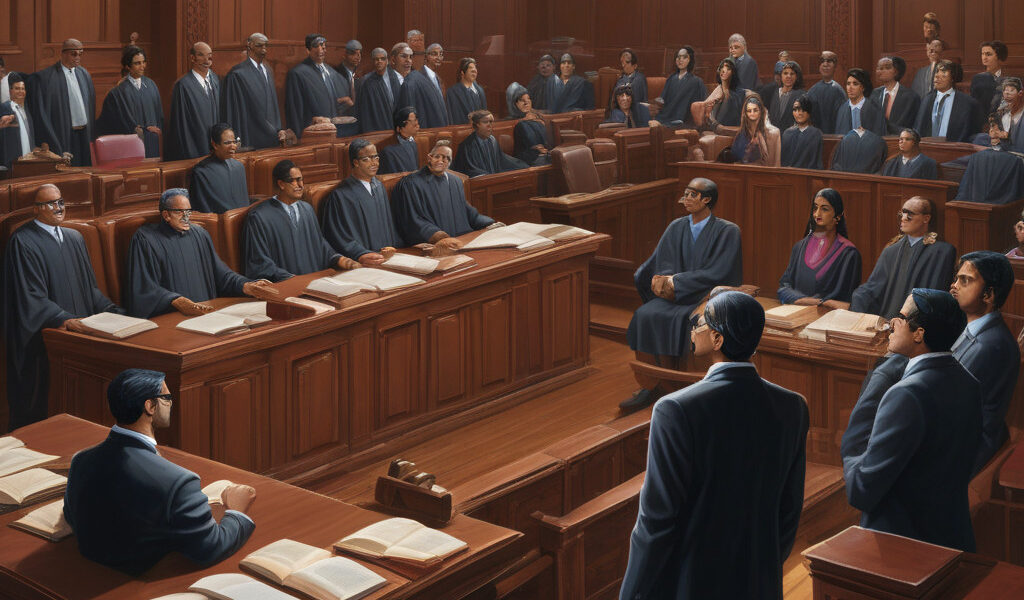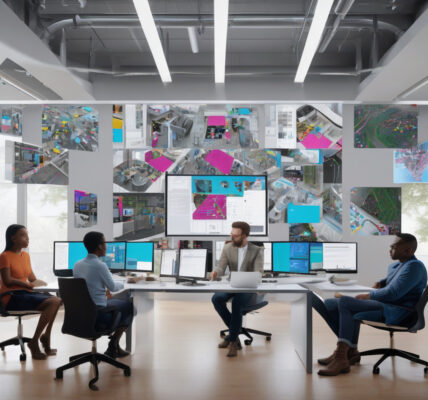OpenAI’s Defense in ANI Copyright Lawsuit: An Analysis of the Legal Battle Unfolding in India
In the fast-paced world of artificial intelligence, legal battles are becoming increasingly common. OpenAI, a prominent player in the field, has recently found itself embroiled in a copyright lawsuit in India over alleged violations related to its advanced neural network technology. The case, filed by ANI, a leading news agency, has raised important questions about intellectual property rights in the age of AI.
At the heart of the matter lies the accusation that OpenAI’s neural network technology has been used to generate news articles that closely resemble those produced by ANI. The news agency claims that the AI-generated content not only replicates the style and tone of its reporting but also infringes upon its copyright. This has sparked a fierce legal battle between the two parties, with both sides presenting compelling arguments to support their claims.
OpenAI, known for its cutting-edge AI research and development, has vehemently denied the allegations of copyright infringement. The company asserts that its neural network operates based on a vast dataset of publicly available information and is designed to generate original content autonomously. According to OpenAI, the AI model in question was trained using a diverse range of sources and does not specifically target or replicate ANI’s content.
On the other hand, ANI argues that the AI-generated articles bear striking similarities to its own work, raising concerns about the potential misuse of intellectual property. The news agency contends that while AI technologies have the potential to revolutionize content creation, they must not come at the cost of undermining established copyright protections. ANI is seeking legal recourse to protect its rights and ensure that due credit is given for the original work it produces.
As the legal battle unfolds, it underscores the complex intersection of AI technology and intellectual property law. While AI has the capacity to streamline processes and generate vast amounts of content at an unprecedented speed, it also poses significant challenges in terms of accountability and ownership. The case between OpenAI and ANI serves as a critical test for the legal system to determine how copyright laws can effectively regulate AI-generated content.
In navigating this intricate legal landscape, it is essential for companies like OpenAI to implement robust mechanisms to ensure compliance with intellectual property regulations. By incorporating safeguards such as thorough data vetting processes, clear attribution protocols, and ongoing monitoring of AI outputs, organizations can mitigate the risk of copyright infringement claims. Proactive measures to address potential legal issues can help AI developers uphold ethical standards and foster trust within the industry.
Moreover, this case highlights the need for continuous dialogue between technology innovators and legal experts to establish clear guidelines for the responsible use of AI in content creation. As AI technologies continue to advance and permeate various industries, stakeholders must collaborate to develop frameworks that strike a balance between innovation and legal protection. By fostering a collaborative approach, the AI community can work towards upholding ethical standards and preserving the integrity of intellectual property rights.
In conclusion, the legal battle between OpenAI and ANI over alleged copyright violations underscores the complexities of regulating AI-generated content. As advancements in AI technology reshape the landscape of content creation, it is imperative for companies to uphold ethical standards and comply with intellectual property laws. By proactively addressing legal challenges and fostering collaboration across sectors, the AI industry can navigate the evolving legal landscape and uphold the principles of innovation and accountability.
#OpenAI #ANI #CopyrightLawsuit #AItechnology #IntellectualPropertyRights












